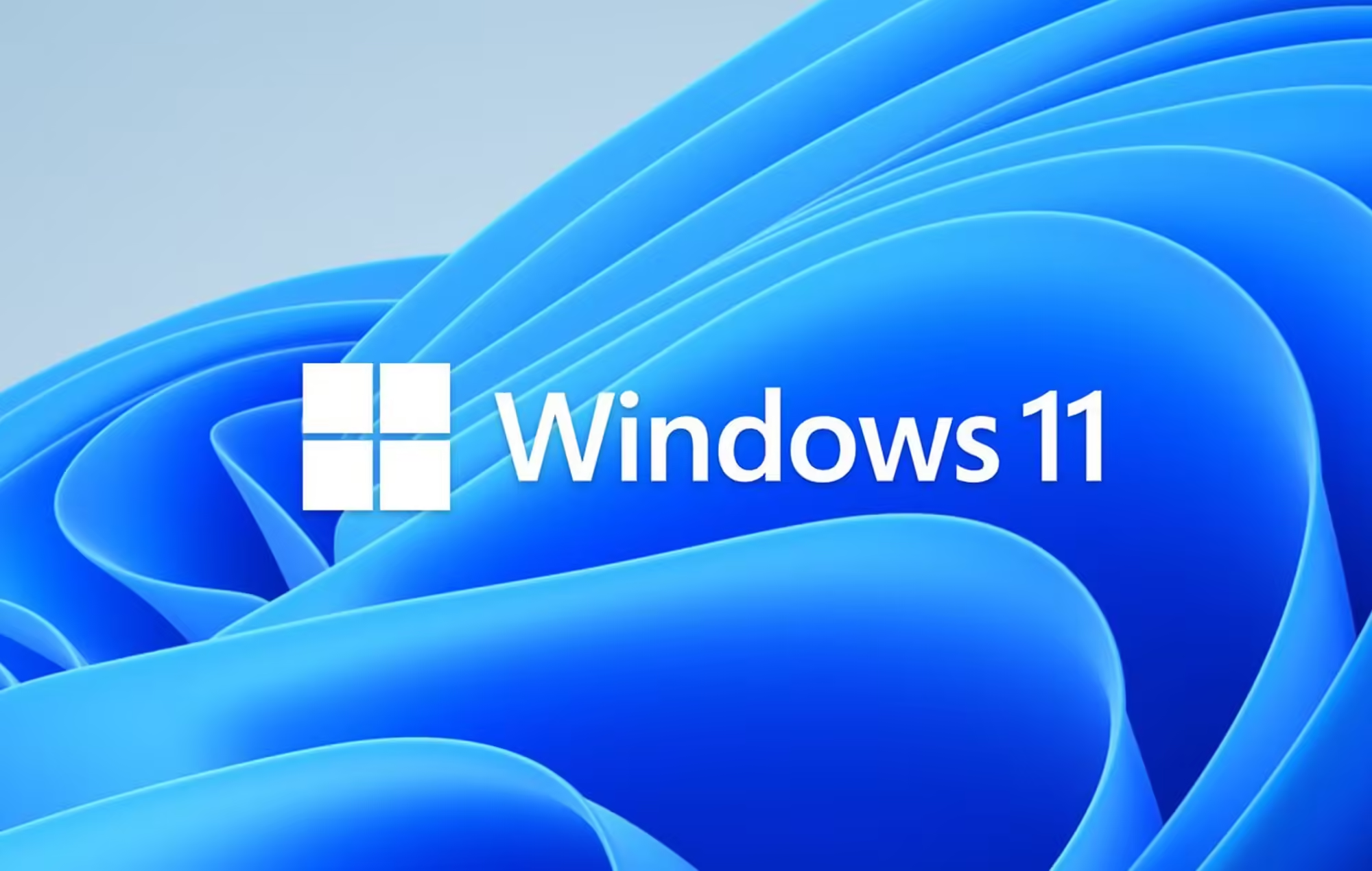The AI-powered “Recall” feature of Windows 11 that was unveiled at the 2024 Microsoft Build conference has sparked a flurry of criticism and deep-seated worries from stakeholders with varying ideological backgrounds. Recall’s incorporation of sophisticated AI skills has drawn close attention from privacy advocates and regulatory organizations such as the UK’s ICO, despite being praised as a technological marvel. The fact that this capability is only available to owners of Copilot+ PCs with strong NPUs has increased concerns about data accessibility and digital equity. In this context, users are concerned about possible privacy violations since they think Microsoft’s algorithms may access their personal information. The more heated the discussion gets, the more important it is to maintain a careful balance between advancing technology and protecting people’s right to privacy in the digital age.

In case you missed it, Recall captures screenshots of your open windows every few seconds, effectively documenting your computer activities. This enables you to utilize the robust natural language-based search features to comb through your previous PC usage, both textually and visually. The AI will find the information you require by sifting through the vast collection of screen grabs.
Safety features of Windows security updates:
Safeguards in place for Windows 11 users utilizing the Recall feature prioritize local storage, ensuring that data remains solely on the user’s PC without being transmitted to external servers. Microsoft assures users that they lack access to this data and won’t use it for training AI. Users have extensive control over Recall, including the ability to manually delete snapshots, adjust retention periods, or disable the feature. However, concerns persist regarding user adherence to setup procedures and the potential vulnerability of PCs to malware or theft, which could compromise stored data. In such cases, unauthorized individuals could exploit access to the Recall library, potentially exposing sensitive information like financial details or passwords.

User Reactions and Market Effects
While reasonably new to the market, Windows security updates New Recall functionality has received mixed reception. Some users are excited about heightened control over their communications, while others feel it is bordering on a breach of privacy. On opinion sites catering to the tech community, what comes across loud and clear is the requirement for robust safeguards against misuse and the feature answering to the best ethical standards.

Of equal interest is the impact on Microsoft’s brand and position within the market. If privacy and legal concerns are addressed satisfactorily, it could enhance Microsoft’s reputation as a responsible leader in developing technologies. On the contrary, missteps may result in lost user trust and a potential decline in market share.


